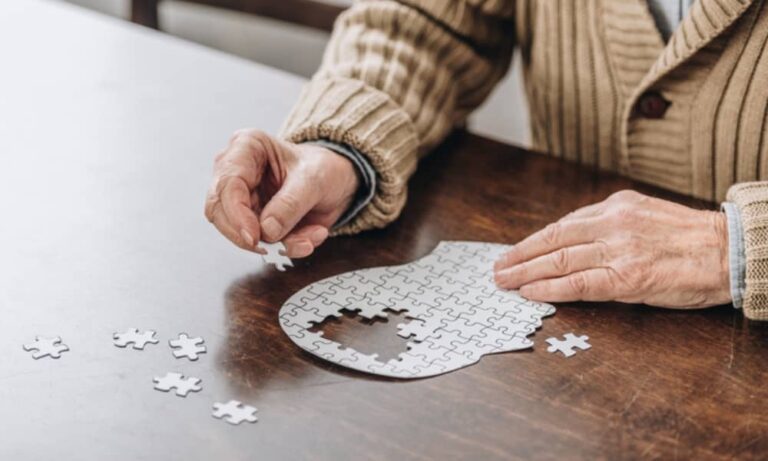I never met Sidney Jourard. Never seen him, nor heard him speak. But today when I was doing research for this very article, I came across his work – his prose unusually beautiful for a scientific paper – and I spent the rest of the afternoon fascinated by this 1960s humanist psychologist, vacuuming up information from the web about him. Professor Jourard, I discovered, was much more than just a researcher into the psychology of touch.
It’s a powerful thing, our sense of touch. When a friend drapes their arm across my shoulders as we walk, or grips my elbow because I’ve told a joke, the physical affection sets the chemicals in my brain dancing. A stranger’s handshake instantly endears me to them, in a way that a fist bump or hand wave could never approximate; a Middle Eastern man once took my outstretched hand, wrapped both of his around it and then kissed my thumb. How could I not immediately love the guy?
Of our five senses, the ones we use to understand and engage in the world, touch is my go-to for intimacy. My wife has only to lay her hand on mine to steady my heartbeat and calm my pulse. And then just recently, watching as our daughter pushed her trolley through the airport customs doors, there was only one thing I wanted to do: hold her in my arms and hug her for the longest time. No wonder I’m such a sucker for that opening scene in Love Actually (between you and me, I can’t watch it without tearing up).
I remember my father and his friends going for long beach walks on our summer holidays when he and his bestie, Henry, would link arms, strolling and chatting, two grown men who had no embarrassment showing their affection for each other. In Vienna, his birthplace, it was natural for adults to do so, not like in stiff Anglo cultures where even little kids too soon outgrow linking their arms or holding hands on their way to school. Dad was always tousling my hair or sweeping us kids up in big hugs, his touch an expression of love. It made me feel whole and safe, and valued in the world.
In fact, my most powerful memories all involve feeling embraced, such as being hoisted up and squeezed by a big sister when I was three or four years old, her toothy grin occupying my entire visual field.
Then there was my first kiss: a girlfriend’s hand caressing my cheek and then suddenly our lips are on each other’s and we’re rolling around in a flower bed pashing; later I discovered about a million bites from the mozzies swarming in that patch of garden. Or, holding my baby boy a few months old in the shower, skin against skin, and now 18 years later that physical memory is still so strong that whenever he sits close, I can still sense him nuzzling into my chest. Touch has a memory as real and as powerful in the present as it was in the past.

Remember the lockdowns when we tried connecting over the internet? I always felt there was something missing. I couldn’t reach out and give them a pat on the back, brush an arm good-naturedly, hug a comrade who was doing it tough or get one myself.
More so for social media. It lacks the tactility of real human engagement. Running my fingertip over a screen leaves me unsatisfied, hungry for more, but more of the same just makes me even hungrier – it’s the sizzle without the steak. I’m left starving for physical interaction, the possibility of touch if not the actuality of it, even just to be in the same physical space. Digital interaction occupies only two of the five senses – seeing and hearing – but real genuine get-togethers occupy all of them. Seeing a mate for coffee, there’s always a handshake or a hug, and then a savouring of the brew as we chat.
I’d never really thought about touch much, how important it was to my physical expression of friendship until COVID-19 kiboshed so many of our parties and get- togethers. But I also discovered that some friends, even ones I’d known for decades, really welcomed the absence of a hug or a handshake when we were all social distancing. They preferred to reserve touch for family and partners, expressing friendship in other ways.
Our skin is designed to touch and be touched. The largest of our organs, it’s layered with exquisitely delicate sensory receptors, every one of them capable of firing off an electrical signal up to the brain. Touch is registered in the cortex, the conscious or awareness part of the central nervous system. But it also has connections to the cingulate gyrus, a network of neurons involved in the modulation of emotions – evidence that touch is more than just a physical sensation. It’s an emotional one, too. What we feel on our skin evokes feelings in our brains.
We know that pleasant touch is powerful medicine, too. It has been shown to lower blood pressure and cortisol levels, plus raise levels of oxytocin (the ‘love hormone’). Chronic inflammation might be improved by touch, and a nurse’s gentle laying on of hands, if permission is given, can lessen pain and improve sleep. Premature babies may be less likely to suffer developmental delays if they’re massaged by their mothers. The list of benefits goes on and on.
Yet there is an entire realm of unwanted touch which can conjure up negative emotions. A lot of people shy away from touching others for fear of causing offence or harm, or even litigation. How a touch is received, the meaning the recipient ascribes to it is dependent on myriad factors – prior experiences, culture, context, gender. So many important considerations. Religious customs, too. I once held out my hand to a young woman who politely informed me that it was her practice not to touch male strangers; I made a mental note to always ask before extending my hand.
The sense extends to metaphors, too. We tell each other to ‘keep in touch’. We’re ‘touched’ by a stranger’s kindness. A heartfelt story is ‘touching’. And so it was that today I was touched by Jourard’s words written long ago, enough to spur me on to discover he was a respected teacher and a prolific author on not just touch, but authenticity and vulnerability. He was also a family man who tragically died in his forties. Funny how his words about touch turned powerfully figurative for me – further proof of the rich, emotional, metaphorical meanings of the sense I often took for granted.







